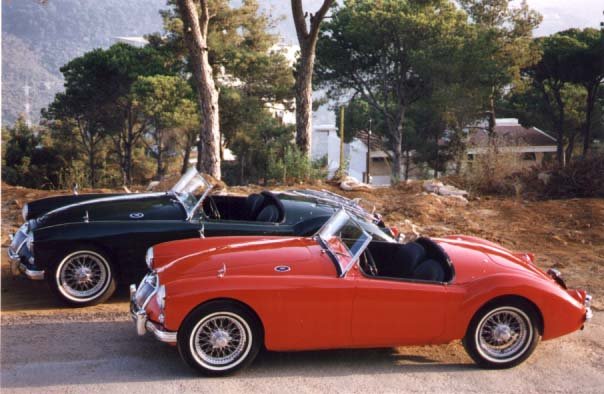
The world's first land speed record may have been set by an electric car but the fact is that one of the major stumbling blocks they face today is an image more milk float than Malcolm Campbell.
Well 110 years on since Count Gaston de Chasseloup-Laubat (the "Electric Count") powered into the record books at 39.245mph, a British company is promising to make electric cars as desirable as the most outrageous supercar by beating them at their own game - power.
The Lightning GT is a two-seater coupe with Kevlar and carbon-fibre bodywork clothing a spaceframe chassis, double wishbone, coil-over-spring suspension all round and a promised 0-62mph time of around 4.0 seconds. So far, everything to be expected from the latest announcement of a British built supercar which bravely promises to take on Italian and German talent before disappearing into obscurity. However, rather than being powered by a tried and trusted bought in V8, the Lightning is juiced up by 30 batteries.
These are each roughly the same size as a normal car battery but utilise a new technology dubbed NanoSafe because of its use on nano-titanate materials in place of the usual graphite and heavy metals. Because of this the makers of the Lightning GT claim they have also removed a couple of other longstanding electric vehicle drawbacks, namely range and charging time. The batteries can be fast charged in just 10 minutes for a full 250 mile range, are several times more powerful than existing Lithium-Ion batteries and what is more, have a life expectancy of around 12 years.
The batteries are used to power the car's innovative Hi-Pa Drive system which places a lightweight 120kw motor in each wheel, the equivalent, claims Lightning, of a full 700bhp petrol engine. Using a quartet of motors in this way does away with the need for a gearbox and differential while endowing the car with four-wheel drive without the added weight and complexity of drive and prop shafts. Regenerative braking returns power to the batteries, up to 30% in urban driving.
Because electric motors are capable of generating maximum power instantaneously, a complex traction control system is fitted to prevent the car lunching all four of its tyres in one go. Deposits of £15,000 are now being taken which would suggest a price of around £150,000. Included in the price is a 250kw fast-charging station for home use and perhaps our favourite piece of technology ever; a programmable external engine sound generator to prevent unsuspecting pedestrians from wandering out into the path of this silent supercar. It almost seems a shame to go to all that effort and then make it sound like a petrol V8 after all.

Appeared on msn.co.uk
